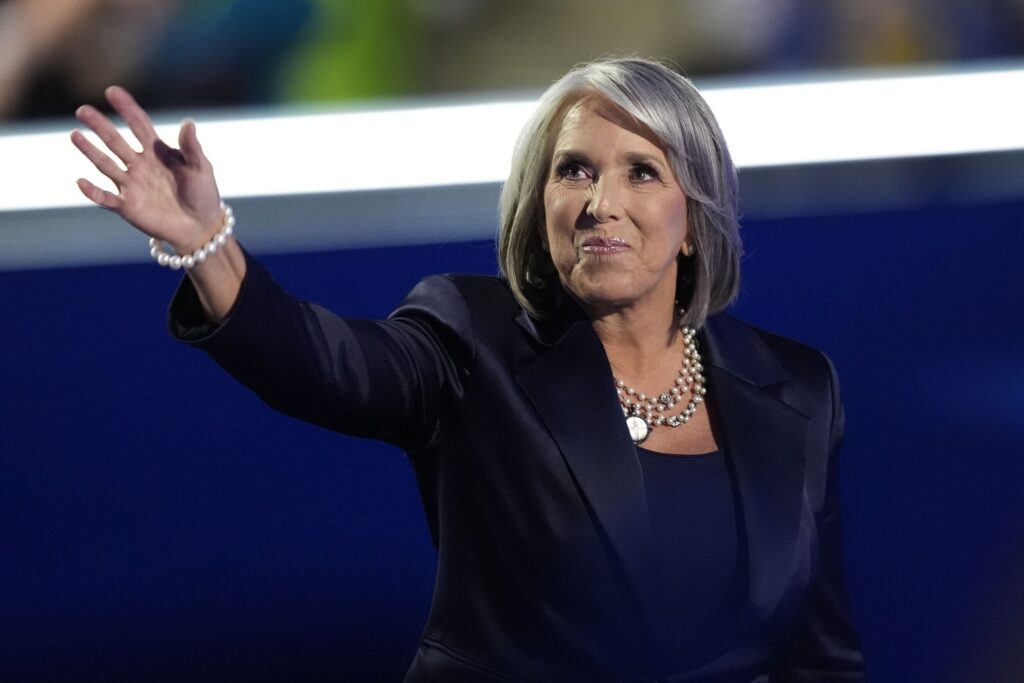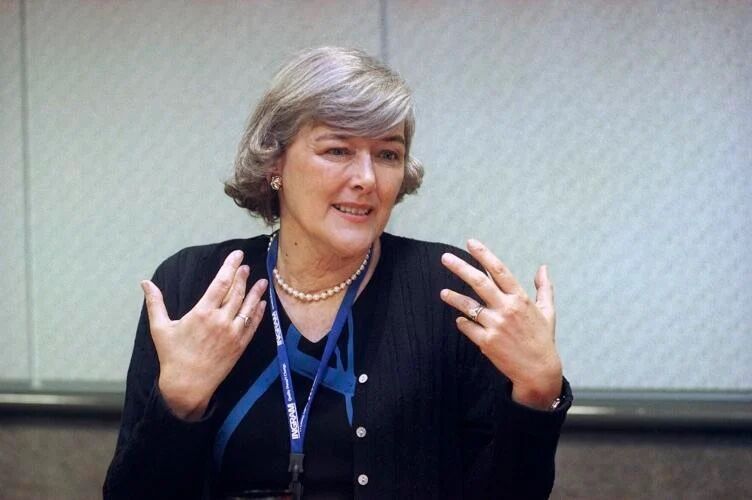Colorado leaders, businesses brace for fallout from Trump tariffs
Colorado business and political leaders are bracing for the fallout following President Donald Trump’s new round of tariffs, expressing worries about higher prices and possible damage to the state’s economy, though some offered calibrated responses and noted robust sales in some areas as customers decide to buy goods now in anticipation of higher prices later.
More specifically, the Colorado Chamber of Commerce said its members are worried about uncertainty and unpredictability.
“We’re concerned with any policy that disrupts predictability in the market or increases the cost of doing business — whether that comes from the state or federal government,” said Colorado Chamber of Commerce President and CEO Loren Furman in a news release. “We’ve heard a range of feedback from our members statewide on tariffs, from uncertainty about the future to outrage over detrimental financial impacts.
“Specifically for Colorado, which is already one of the most expensive states to live and do business, tariffs could seriously interfere with our work to improve competitiveness and the broader economy,” Furman said.
Businesses in Colorado have partly blamed “excessive or duplicative” regulations as already posing negative ramifications on economic growth and productivity.
In a memo, Trump defended the reciprocal tariffs as necessary to correct a trade deficit that, he said, has ultimately suppressed domestic wages and consumption.
“Large and persistent annual U.S. goods trade deficits have led to the hollowing out of our manufacturing base; inhibited our ability to scale advanced domestic manufacturing capacity; undermined critical supply chains; and rendered our defense-industrial base dependent on foreign adversaries,” his memo said.
In a statement, Gov. Jared Polis said the new tariffs will “raise costs for all.”
“Unless President Trump pulls back from tariffs on products from Mexico and Canada, starting at midnight, the president’s horrible sales tax will apply to all hardworking Coloradans,” Polis said. “Trump’s tariffs are a costly sales tax that will raise the price of groceries, clothes, homes, technology, cars, and everyday items Americans rely on and hurt North American competitiveness.”
Some customers are buying goods now, instead of waiting for the tariffs to kick in. Notably, auto sales have spiked recently, a spokesperson for the Colorado Automobile Dealers Association told The Denver Gazette.
“Our member dealerships did see a spike over the last week and weekend,” Margo Finer, director of external affairs and communications, said via email. There was “about a 125%-150% increase, as customers rush in to buy cars before the tariffs hit.”
Finer said that imports, such as Porsche or BMW, might be affected more than most car dealerships, and that “most parts are assembled outside of the U.S., even if the car is assembled here.”
“Domestic brands are likely to see a smaller increase in price than imported brands, but all cars will see an increase in cost,” she said.
“We know there’s a lot of uncertainty around how the specifics of the tariffs will impact the automotive industry and each manufacturer will handle it differently, but customers remain the most important part of this equation and our dealers are focusing on them,” Finer said.
While Nissan spokesman Brian Brockman said he couldn’t speak to how the tariffs are affecting Denver dealers, Nissan stores have a “very good supply” of vehicles in stock “unaffected” by tariffs.
Nissan saw “strong sales” in March, he added.
More than half of Nissan’s U.S. sales volume is sourced from plants in Tennessee and Mississippi, Brockman said.
Hyundai spokeswoman Ira Gabriel said the company is heavily focused of expanding U.S. production. Hyundai Motor Group has invested $21 billion to expand the country’s production to 1.2 million cars across Alabama and Georgia and its new Metaplant in Savannah, Gabriel said.
Mercedes-Benz of Westminster sent an email to customers Thursday, encouraging them to “buy now before prices go up.”
“A 25% import tariff on vehicles arriving in the U.S. after April 3rd may lead to increased pricing on future Mercedes-Benz models,” said KB Yazdanfar, general sales manager, in the email. “However, our current inventory is not impacted, making now the best time to purchase.”
In a statement to The Denver Gazette Thursday, trade association Autos Drive America said that the tariffs would significantly affect consumers.
“At a time when cost is the number one concern for American car buyers, U.S. automakers are working to provide a range of affordable vehicles for consumers,” the statement said. “The tariffs imposed today will make it more expensive to produce and sell cars in the United States, ultimately leading to higher prices, fewer options for consumers, and fewer manufacturing jobs in the U.S.”
The Denver Gazette’s Kyla Pearce, Dennis Huspeni and Glenn Rabinowitz contributed to this story.











